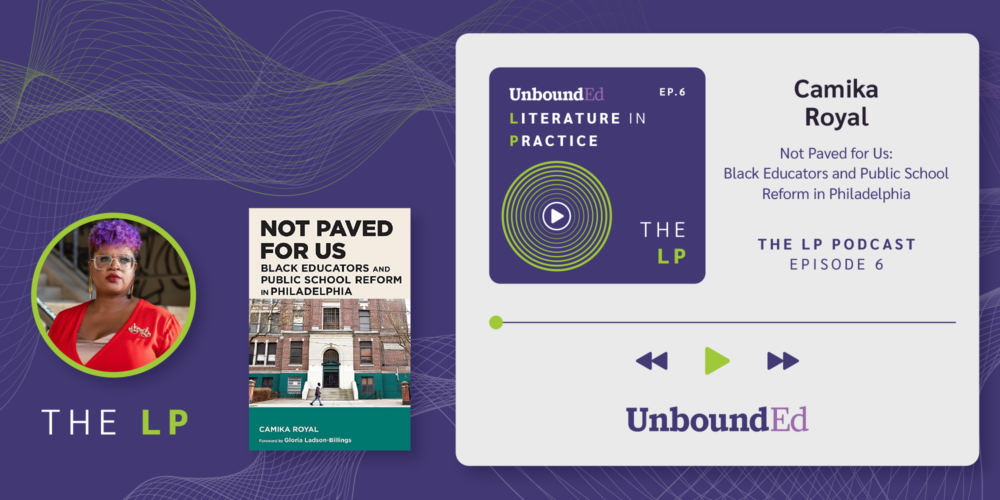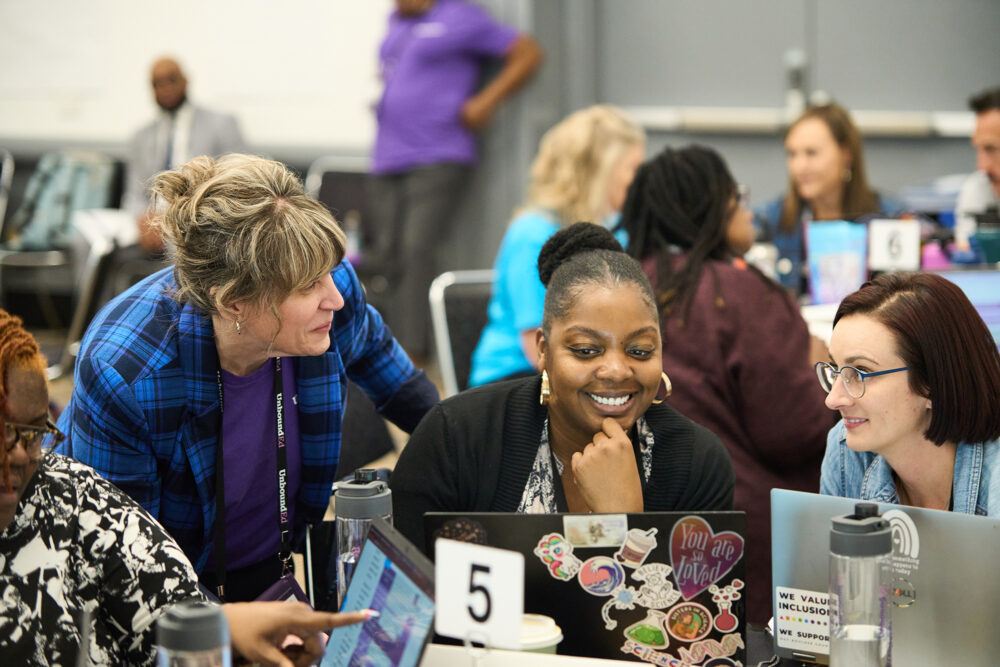
Inequities in public schools today didn’t start during the pandemic. Until we understand the complex legacy of people, perspectives, policies, and practices that inform today’s people, perspectives, policies, and practices, it will be challenging to understand inequities in our systems and expand opportunities for educational justice. Dr. Camika Royal’s book Not Paved For Us: Black Educators and Public School Reform in Philadelphia is based in Philly, but it tells a widely-relatable story about public school system dysfunction, backlash, justice-seeking, and its impact on the students it is supposed to serve.
Key Takeaways
- James Clear said, “You do not rise to the level of your goals. You fall to the level of your systems.” Not only do I see that truth in what Dr. Royal has shared, but I also see how expectations about people inform the creation of systems, so it’s best to have the most equity-focused minds creating and remixing systems to the point that even the lowest level of our systems still promote consistently equitable teaching practices.
- We often talk about individuals having stories. A system’s story, our own system or another’s, helps us understand the co-dependent nature between people and policy and how that impacts our present and future.
- Anti-racist Black educators who want to educate their students often have to contend with the melodies of madness that exist in their systems and have to choose whether to nod, dance, or reject those melodies in their daily instruction and interaction with their students and colleagues.
- This allegorical history of Black Educators in the Philly School District prompts reflection on what kind of “fixing” is taking place when union and district leadership make policy decisions. Because the word “fix” has two definitions.” Is it a “repair and remedy” fix, or a “lock-in and make permanent” fix? Sometimes a decision is presented like a “repair and remedy” fix, but when you look at its impact, it only works to “lock in and make permanent” the inequities that have long existed in that system. Dr. Royal’s work helps us thread the needle in seeing where and how these systems “fix” themselves, but also creates the opportunity for us to use that same needle to prick our own conscience, so we can examine what our own roles are in that “fix.”
Next steps with GLEAM®
Choose the path that fits your team

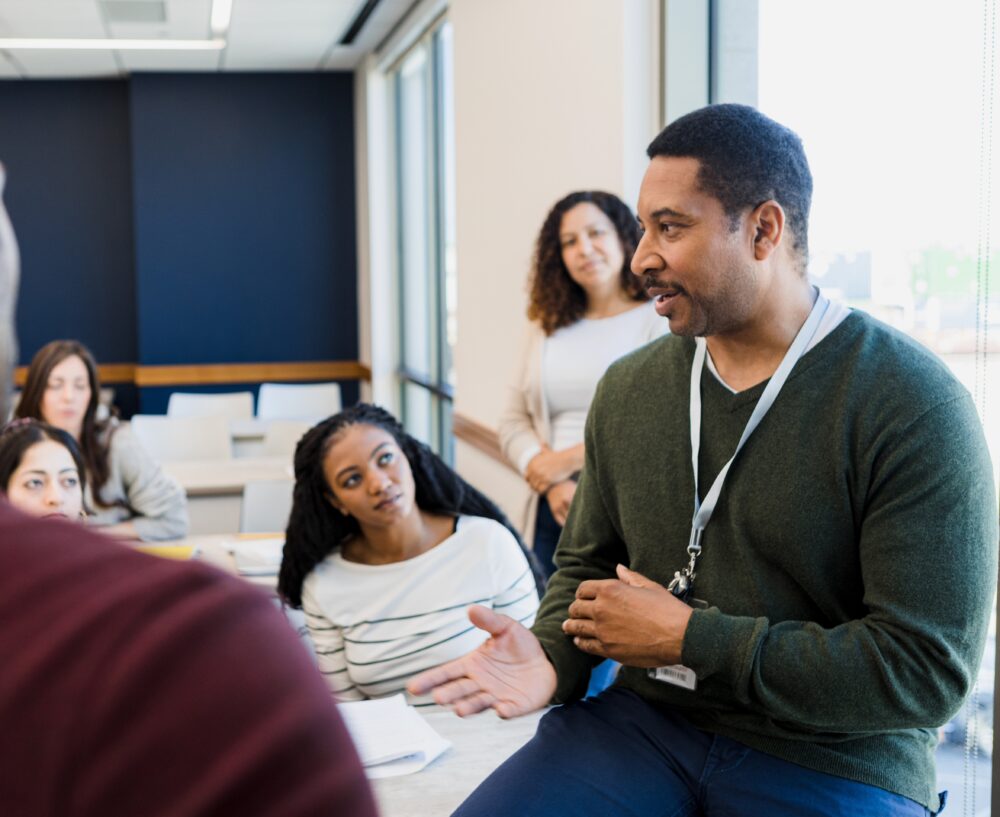
UnboundEd Summits
Accelerate your instructional vision and build educators’ skills and expertise with a virtual or on-site Local Summit.
Learn More ➜

In-Service Workshops
UnboundEd’s dynamic, hands-on workshops build educator capacity by focusing on timeless, cross-disciplinary instructional moves that drive effective instruction, rigor, and student empowerment.
Learn More ➜
Online Math Academy
UnboundEd’s Online Math Academy courses enrich educators’ content knowledge and instructional practices to unlock all students’ math potential.
Learn More ➜
Curriculum Adoption
Ensuring quality materials are adopted and used effectively is crucial to improving outcomes and requires a strong instructional materials selection process. We’re here to share guidance and support on leading a rigorous and collaborative curriculum adoption process to select the right materials for your context and goals.
Learn More ➜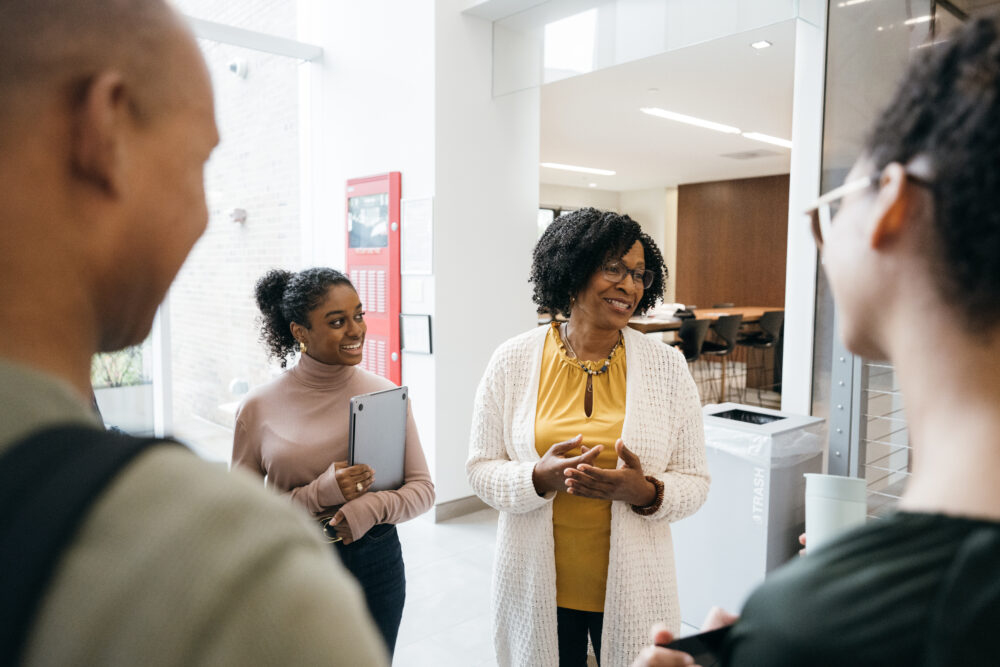
Curriculum Implementation
Just getting started, or need to get back on track? We work with you on a shared vision and an actionable plan for curriculum success.
Learn More ➜
Literacy ReclaimEd
Improve literacy instruction and better meet the unique needs of every student.
Learn More ➜
GLEAM® Inventory
Build your team’s understanding of grade-level, engaging, affirming, and meaningful –GLEAM®– instruction and transform how you serve all students in your district.
Learn More ➜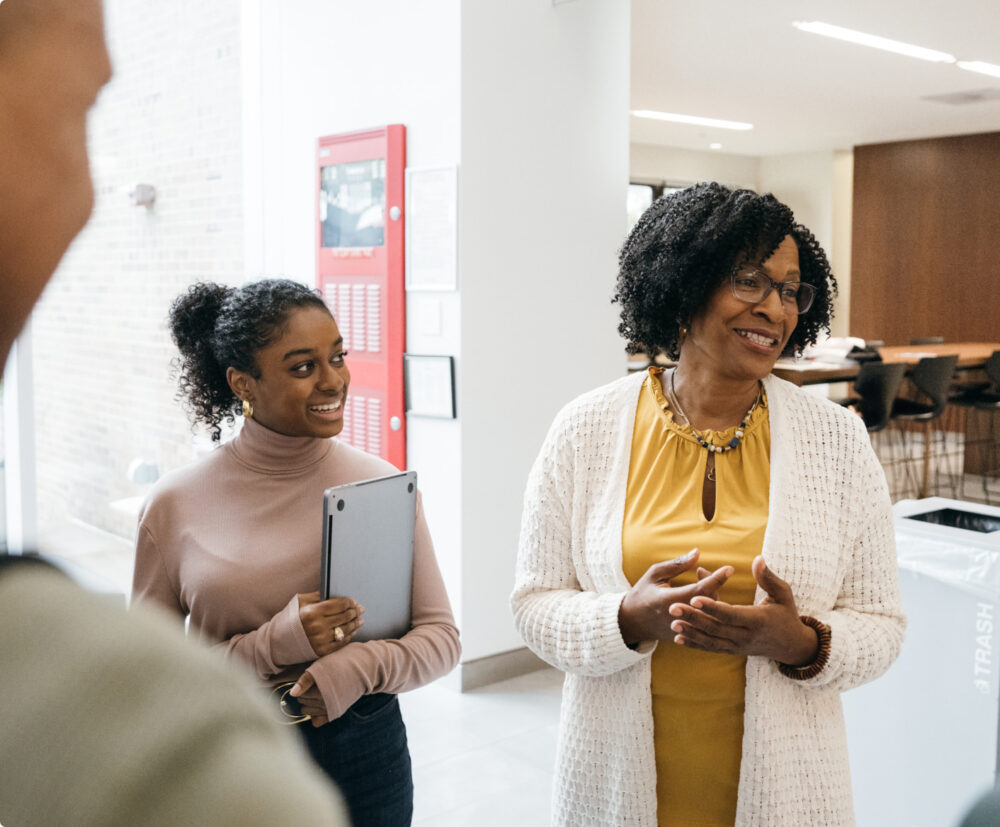
Speaking Engagements
Our experts offer inspiring, thought-provoking messages and conversations that will get your team thinking creatively about shifting mindsets and changing practice.
Learn More ➜
California Math Curriculum Adoption and Launch Cohort
Prepare to adopt and launch high-quality mathematics instructional materials with no-cost, grant-funded support from UnboundEd.
Learn More ➜